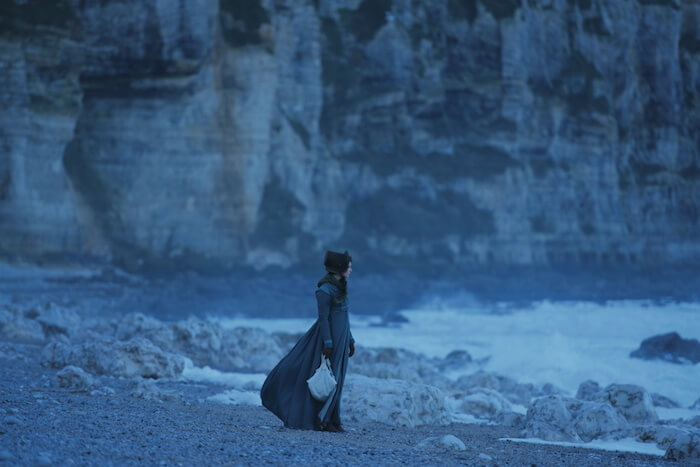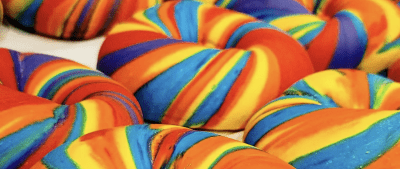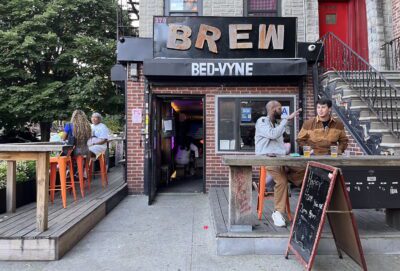A Woman’s Life Is So Much More than a Costume Drama
 A Woman’s Life
A Woman’s Life
Directed by Stéphane Brizé
Opens May 5
A Woman’s Life, a finely calibrated adaptation of the Guy de Maupassant novel Une vie by the French director Stéphane Brizé, eventually goes on to ripen into a scrupulous inventory of indignities, disappointments, and all-too-ephemeral pleasures in the existence of its protagonist, but it nonetheless opens with a pair of scenes that seem to promise for her a horizon of growth and continuity. On a sun-dappled summer’s day in nineteenth-century Normandy, the young but nearly marriageable Jeanne (Judith Chemla, in a beautifully reactive lead performance) carefully tends to a garden plot, all under the patient guidance of her baron father (Jean-Pierre Darroussin); later in the afternoon, her mother (Yolande Moreau) joins them both for a parlor-room board game. It’s only with the sudden arrival into their midst of the man Jeanne will marry, the seductive but self-interested Viscount Julien de Lamare (Swann Arnaud), that her difficulties begin.
Brizé, who also co-wrote the film with Florence Vignon, stays close to the spirit of his source material, with its fragmentary accumulation of scenes, both dramatically significant and seemingly incidental, and decades-spanning narrative scope, but it’s not the only work he seems to have heavily consulted. Stylistically speaking, the director has followed the lead of British filmmaker Andrea Arnold’s 2011 version of Wuthering Heights, another literary adaptation rendered in the boxed-in 4:3 “Academy” aspect ratio, with often-lurching handheld camera work documenting the desolation of the setting and the desperation of its inhabitants. (In A Woman’s Life, seaside Normandy, resplendent in summer, turns gloomy in the winter.) While not innovative, this approach nonetheless winds up paying dividends for Brizé’s film, as Jeanne finds herself trapped in her prescribed roles as wife and mother: In Julien’s first display of infidelity, he impregnates the household’s maid (Nina Meurisse), Jeanne’s only extrafamilial companion since childhood, and not long after Jeanne herself bears a son, who shows signs of having inherited some of his father’s more profligate ways. As the years go by, Jeanne often finds herself staring out the window, remembering miscellaneous moments from simpler and happier times—the frequent and fleeting flashbacks (a departure from the novel) serve to underscore the attritional chill of the present tense.
A few years after Une vie’s 1883 publication, Henry James observed that in the novel, the first by the master of the short story, Maupassant had largely forsaken plot, seeking instead “the uncomposed, unrounded look of life, with its accidents, its broken rhythm.” In bringing the material to the screen, Brizé—whose admirable previous film, The Measure of a Man, looked at challenges to personal integrity from an altogether different angle, through the story of a contemporary family man facing unemployment—has been remarkably attentive to that very rough-hewn quality, evoking it most fully through his film’s abrupt and offhanded cadence. The resulting achievement is not inconsiderable: A Woman’s Life registers first and foremost as a painstaking approximation of lonely lived experience in a crucible of social pressures, rather than simply a costume drama about downcast aristocrats.
You might also like 























